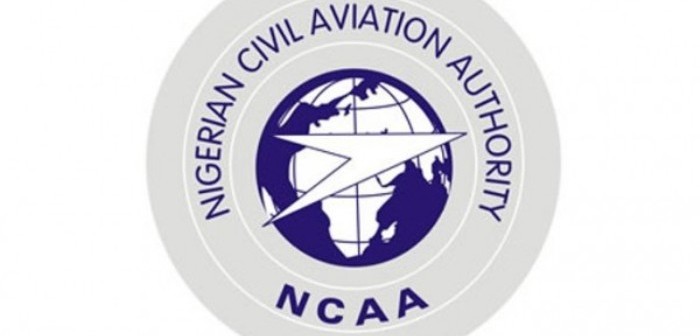The Nigerian aviation sector is grappling with a persistent crisis of flight delays and cancellations, leading to escalating passenger frustration and frequent outbreaks of airport violence. The Nigerian Civil Aviation Authority (NCAA), tasked with regulating the industry, has convened a meeting with all 13 domestic airlines to address the issue. While the NCAA emphasizes dialogue and collaboration, industry experts argue that enforcement of existing regulations and the imposition of sanctions are crucial to curbing the airlines’ disregard for passenger rights. The core of the problem lies in the airlines’ consistent failure to adhere to consumer protection regulations, particularly concerning passenger welfare during disruptions. This negligence often leaves passengers stranded without food, accommodation, or refunds, fueling their anger and creating a volatile environment at airports.
The NCAA’s Consumer Protection Department, despite claiming to champion passenger rights, has been criticized for its opaque handling of sanctions against erring airlines. While the department confirms having sanctioned several airlines in recent months for violating passenger rights, the specifics of these sanctions remain undisclosed. This lack of transparency raises concerns about the NCAA’s commitment to holding airlines accountable and fuels suspicion that the regulator is prioritizing the interests of the airlines over those of the passengers. Aviation experts argue that this perceived leniency emboldens airlines to continue their substandard service and disregard for passenger welfare, perpetuating the cycle of delays, cancellations, and airport unrest.
The NCAA’s approach of engaging in dialogue with the airlines has also drawn criticism. Some experts believe that such meetings undermine the authority of the regulator and project an image of complicity with the airlines. They argue that the NCAA should instead focus on issuing clear directives and enforcing compliance with existing regulations, backing these directives with substantial penalties for non-compliance. The argument is that dialogue without concrete consequences is ineffective and merely serves to delay much-needed action. A more assertive regulatory stance, they contend, is essential to compel airlines to prioritize passenger rights and improve their service delivery.
However, there are also voices advocating for a more nuanced approach. Some stakeholders argue that while holding airlines accountable is crucial, passengers too must bear responsibility for their actions. They point out that unruly passenger behaviour, including assaults on airline staff and vandalism of property, is unacceptable and should be met with appropriate sanctions. A balanced approach, they suggest, involves protecting the rights of both passengers and airlines, ensuring that regulations are applied fairly and consistently to all parties. This perspective emphasizes the need for a collaborative effort between the regulator, airlines, and passengers to create a more harmonious and respectful airport environment.
The escalating airport violence underscores the urgency of addressing the root causes of passenger frustration. While some incidents may stem from passengers’ ignorance of aviation rules, many are triggered by the airlines’ blatant disregard for consumer protection regulations. The failure to communicate delays effectively, the refusal to provide refunds, and the neglect of passenger welfare during disruptions are all contributing factors to the rising tensions at airports. Addressing these issues requires a multi-pronged approach that includes strengthening regulatory oversight, enforcing existing rules, imposing meaningful sanctions on erring airlines, and educating passengers about their rights and responsibilities.
The NCAA faces the complex challenge of balancing consumer rights with the operational realities of the airlines. While airlines grapple with high operating costs, foreign exchange scarcity, and regulatory demands, these challenges cannot justify the persistent disregard for passenger rights. The regulator must ensure that airlines prioritize passenger welfare and adhere to consumer protection regulations. Ultimately, the goal is to create a sustainable aviation sector that operates efficiently while respecting the dignity, safety, and rights of passengers. The meeting convened by the NCAA represents an opportunity to address these critical issues and chart a path towards a more passenger-centric and accountable aviation industry in Nigeria.














